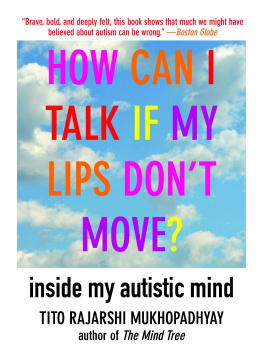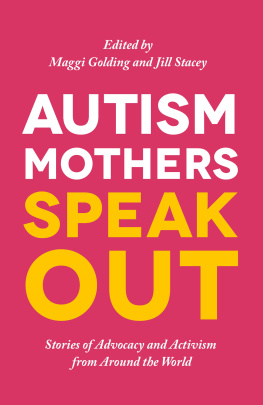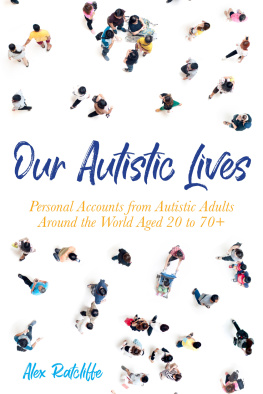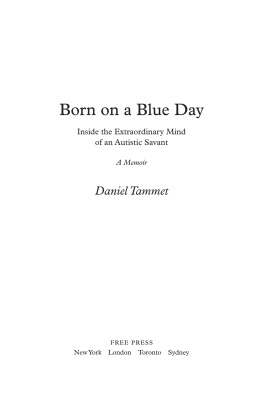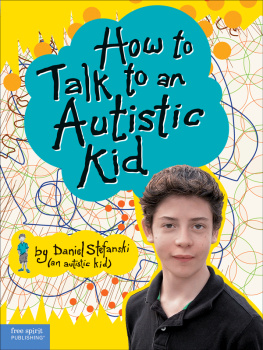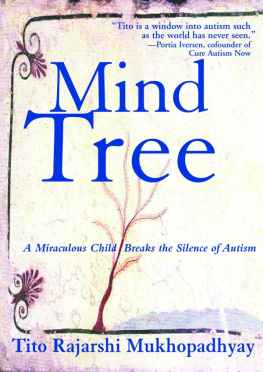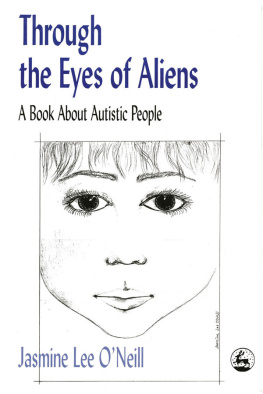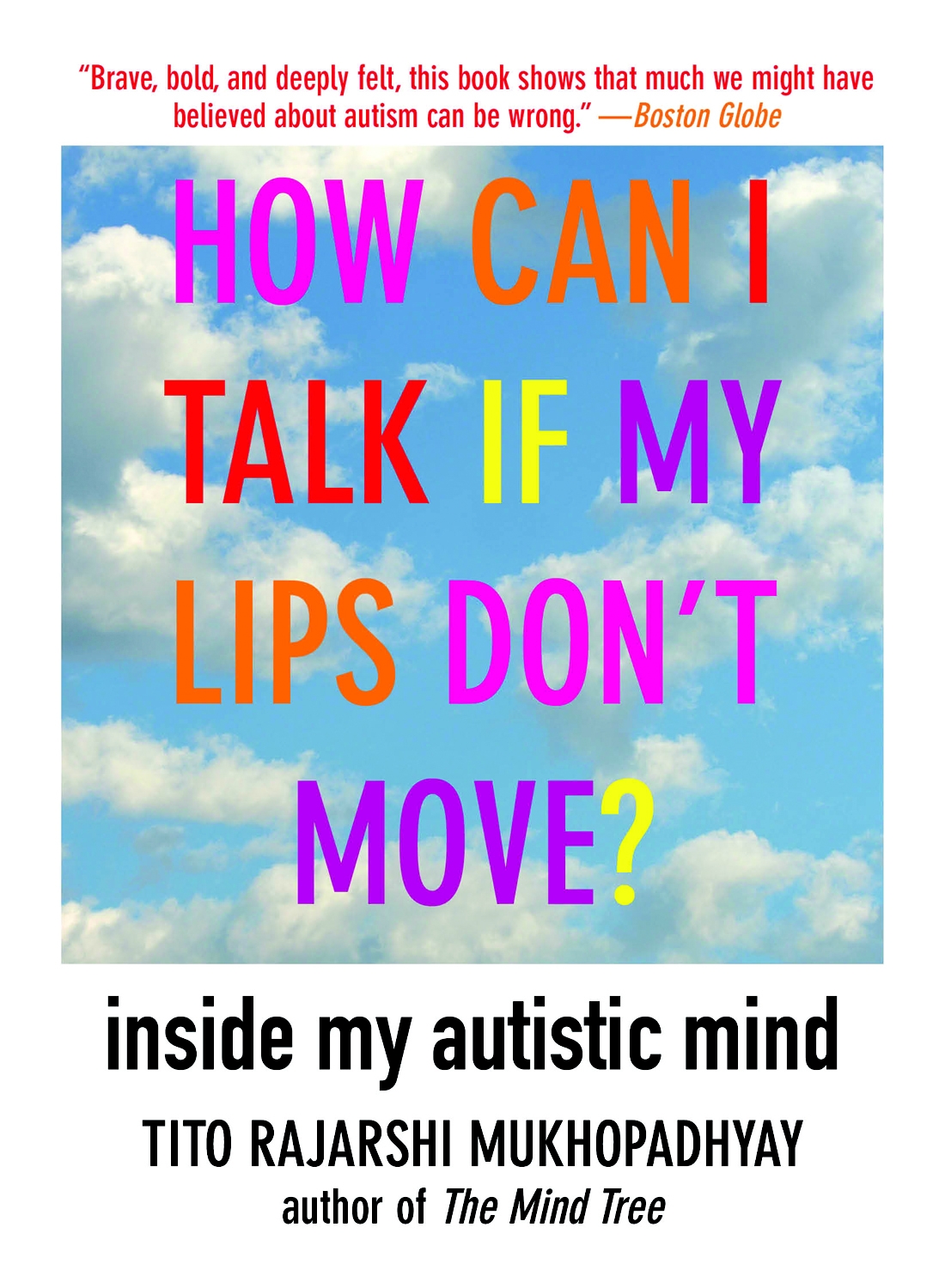Through the Mirror
Right now, I am thinking about a mirror. It was a mirror in one of the rooms upstairs, in the house where I spent my second and third years of life. The mirror was in front of a window, and it reflected the rocks of those sun-baked hills outside the window. I would stand in front of that mirror, not to admire the landscape in its reflection. I would not stand in front of it to see how well my hair was groomed either. I would stand in front of it because I believed that the mirror wanted to tell me a story. And I believed that the mirror wanted to tell me a story because I wanted to tell it a story. I would tell my story to the mirror, and the mirror would tell me back the story. I would think about a tilted sky surrounding those climbing goats on the hill. I would believe that the mirror heard my thoughts and would show me the tilted sky.
I was not able to talk when I was two or three years old. My stories were not meant for human ears. Human ears cannot hear anything other than sounds. But not my ears, as I believed then. And not the ears of the mirror either. I believed that if you cared enough to listen, you could hear the sky and earth speaking to each other in the language of blue and brown. And I believed that if you cared enough to listen, you could hear the walls of the room you were in, telling the floor not to stare at them, while the floor wondered, Where else should I look?
A language of white and red. The white of the walls and the red of the painted cement floor. The mirror heard everything. I knew that the mirror heard everything because only when I stood in front of it could I hear the walls and floor talk. Otherwise, why should I stand in front of it and wait for the open window to sing to the walls in the color of air? Only after I heard the silent voices, could I tell my story to the mirror. Stories with sounds of blue, white, red, or brown. Or stories with the colors of air.
One day, while I stood in front of it, I realized that it was easy to go through it and come out through it. And I realized that I could go in or come out only when the world behind me became transparent. Absolutely transparent. And where would all the colors of the world behind me go? I realized that the mirror would absorb all the colors within its own stretch of self. The blue sky behind the window would look bluer in the mirror. The sun-baked hills would turn browner in it. And I would look behind me to see the real sky and hill. I would be surprised to see them, colored with the color of air.
Stories waited for me behind the mirror. So I was needed on its other side. There was no great trouble to go through the mirror to the other side. All I needed to do was to stare intensely at any shadow on the corner of the wall as it was reflected in my eyes.
Voices of colors
And voices of shadows
Voices of movement
And their echoes
Voices of silence
Spun near or far
Through spaces and distance
Soaking my ears.
The Color of Basic Words
Real voices. I could be waiting behind a shadow listening to a story in red and green, when I would be interrupted by a real voice made of sound, thus dissolving the story of red and green. And then, to my utter horror, I would find myself surrounded by real voices. Voices made of sounds, on the real side of the mirror. The mirror would never reflect voices made of sounds. I, however, knew that it could if it tried hard enough.
If you try hard enough, you can talk, Mothers voice would tell me. Mothers voice would tell me that when no one was around and when she took a break from singing the same song many times over because if she didnt, I would threaten a temper tantrum. Mother had to be careful that no one was around because she did not want those women to smile at her for trying to explain things to a boy who had not even learned how to talk yet. Their smiles were the color of jaundice yellow, and that yellow was so dense, every color could be choked by its strength. I believed that Mother saw what I saw. And I believed that she was careful because she did not want to be choked by jaundice yellow either.
You need to talk basic words to him first, those voices would tell Mother. Basic words included a series of dada, mama, kaka, baba , and so on.
Only after he masters those words, will he be able to follow explanations like, Try hard to talk. I would hear their words in their voices of jaundice yellow.
I wondered which colors would go with basic words like dada, mama, kaka , and baba . So I would stand in front of the mirror and mentally say those basic words and wait for the mirror to show me their colors reflected in it. I soon realized that the mirror could not reflect the colors of those basic words.
Only after it masters how to reflect the basic words, will it be able to follow other explanations like, Try hard to reflect, I concluded.
The Color of My Scream
Many times, in the midst of other sounds, I could hear my own voice, laughing or screaming. The mirror never could color those sounds. Whenever I heard real sounds, I stopped to see the stories forming behind the mirror. My hearing became increasingly powerful whenever that happened, and I stopped seeing anything. I could focus all my concentration on only one sense, and that is hearing. I am not sure whether or not I had to put any kind of effort toward hearing because I was too young and uninformed in science to analyze the sensory battle that was taking place within my nervous system. It just meant that my colors would disappear if there were sounds vibrating around me.
Was I scared or confused? I am not certain, as I did not know what the rules of the world were and what other people experienced. I concluded that everybody and everything, including the maid who had to move me away from the mirror, experienced what I did.
The maid had to move me away from the mirror because I did not move when she asked me, Tito baba, please move a little, as I have to mop the floor. The sound of her voice made me come back from behind the mirror while I was hearing a story of green and red from the green of the curtains and the red of the cement floor, which the maid intended to mop. The smell of phenol water from her bucket and mop filled the spaces which were yet to be filled with stories of green and red.
One experience diffused into the next. And every experience settled in my mind as an example of a natural phenomenon, which laid down the rules of the world. For instance, if I saw a bird on a tree, and, at that very moment, I saw someone walking across the street in front of our gate, I concluded that every time a bird sits on a tree, someone needs to walk across the street.
What if they did not happen together? Well, I would panic and get so anxious that I would scream. Screaming would stop me from looking at the tree or looking at the street, for I can do only one thing at a time. I can either use my eyes or use my ears. Hearing my voice screaming would stop my eyes from looking.
Why is he screaming? voices would ask Mother. She should know. After all, she is his mother.
Mother would give them some reason. She would say that I was hungry, or she would say that I was hot. She would say that I must have been bitten by fire ants because they were all over the yard, or she would say that I was tired. Then she would rush me inside to find out for herself why I was screaming.
There, there, let me rub your feet with cold water. Those bad, bad fire ants! Mothers voice would continue to distract me while I heard my voice scream. I would scream, and I would wonder. I would wonder about the mirror upstairs. I was sure that it was forming a story in red and green once again. The red of fire ants and the green of grass. My voice would scream, and I would wonder whether the mirror upstairs was aware of my screaming. I would lose all control over my screaming voice, and would wonder when it would stop. My voice would scream, and I would realize Mothers voice was singing something familiar in my ear. I would slowly concentrate on the words of her song and try to mentally sing along because she repeated most of her songs so often to me that I had them memorized. After listening to the words of her song, I would wonder why I could no longer hear my voice screaming. And, to my relief, I would realize that my voice had stopped screaming. I would continue to think about the mirror. Surely it could reflect the sound of a scream. Mothers voice would begin to fade out the more I thought about the mirror, and the urge to stand in front of it would fill my whole concentration. I would hurry and rush upstairs, like a dedicated student who had heard the school bell ring.

